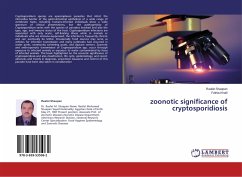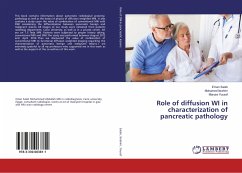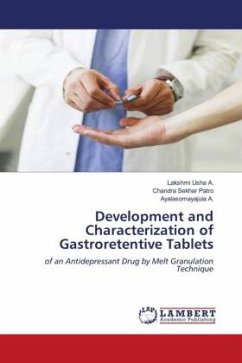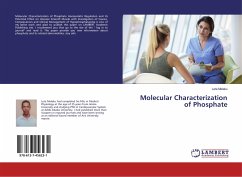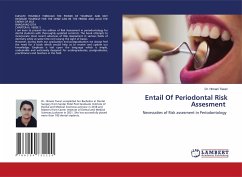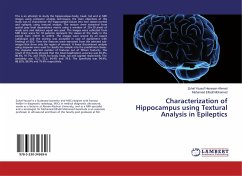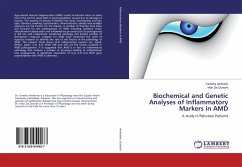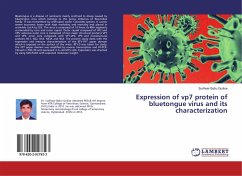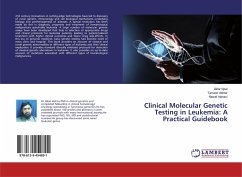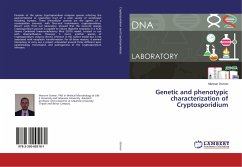
Genetic and phenotypic characterization of Cryptosporidium
Versandkostenfrei!
Versandfertig in 6-10 Tagen
56,99 €
inkl. MwSt.

PAYBACK Punkte
28 °P sammeln!
Parasites of the genus Cryptosporidium comprise species infecting the gastrointestinal or respiratory tract of a wide variety of vertebrates including humans. These intracellular protists are the agents of a cosmopolitan zoonosis, with féco-oral transmission, cryptosporidiosis. Recent work from our laboratory, showed that the zoonotic species Cryptosporidium parvum is capable to induce digestive neoplasia in a SCID Severe Combined Immunodeficiency Mice (SCID) model, treated or not with dexamethasone. However C. muris, another species of Cryptosporidium, induces chronic infection in this roden...
Parasites of the genus Cryptosporidium comprise species infecting the gastrointestinal or respiratory tract of a wide variety of vertebrates including humans. These intracellular protists are the agents of a cosmopolitan zoonosis, with féco-oral transmission, cryptosporidiosis. Recent work from our laboratory, showed that the zoonotic species Cryptosporidium parvum is capable to induce digestive neoplasia in a SCID Severe Combined Immunodeficiency Mice (SCID) model, treated or not with dexamethasone. However C. muris, another species of Cryptosporidium, induces chronic infection in this rodent model but is not associated with neoplastic transformation. For all these reasons, it seemed interesting to carry out a project articulated around three different axes: epidemiology, transmission and pathogenesis of the Cryptosporidium infection.



